Microbiome Initiative Faculty
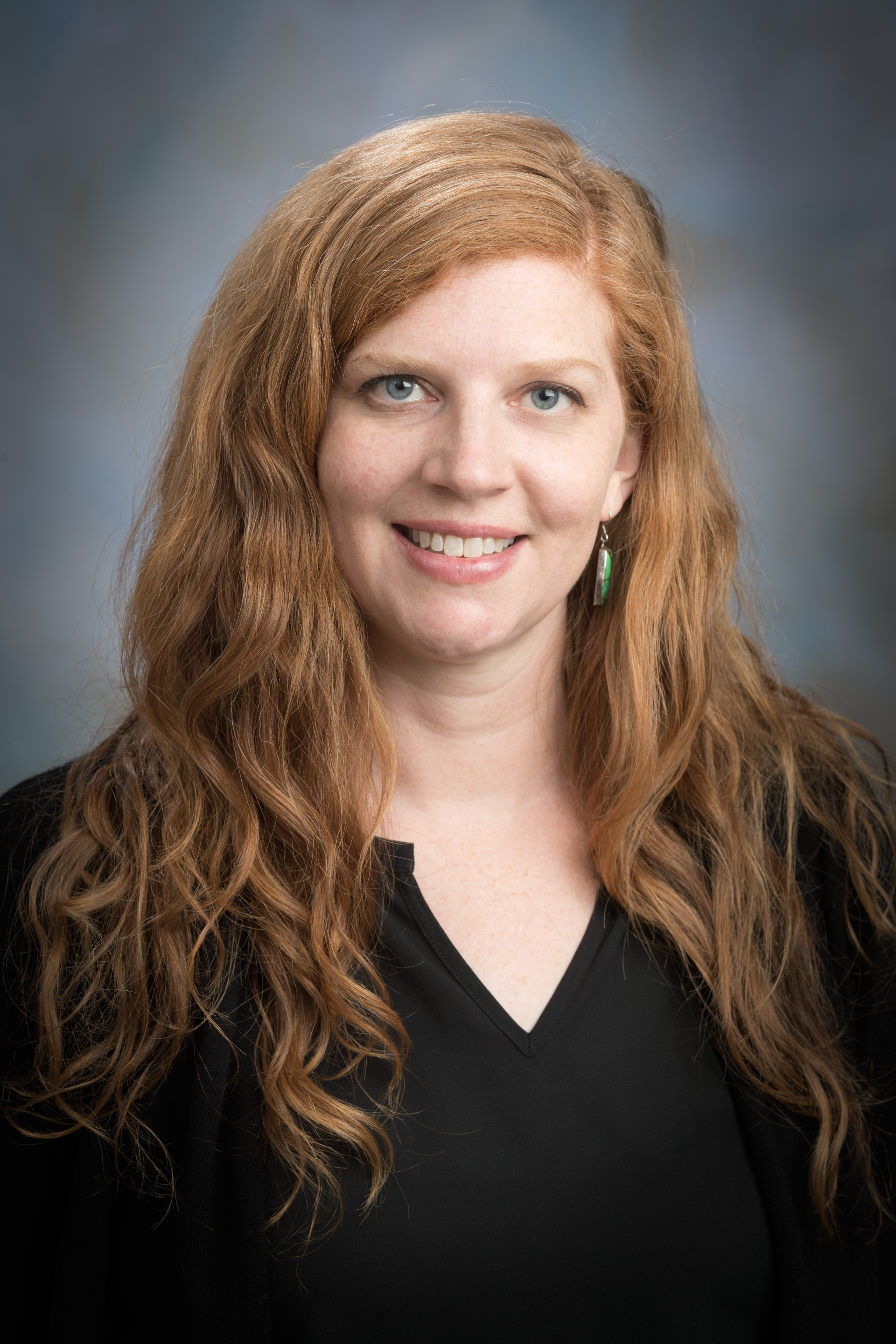
Jessica L. Metcalf
Phone: (970) 491-0626
Email: [email protected]
Dr. Jessica L. Metcalf is an Associate Professor in the Department of Animal Sciences. She is a microbiome scientist who leads highly interdisciplinary, innovative research projects that span the fields of animal science, health, and forensics by combining experimental ecology, large genomic datasets, and bioinformatics tools. She studies the microorganisms (bacteria, archaea, fungi, protists, etc) of the gastrointestinal tract of vertebrate animals with a focus on the effects of captivity and domestication on animal health. In a similar vein, she also studies the loss of microbial diversity in the human gastrointestinal tract associated with the industrialization/urbanization of human populations. Finally, she is a leader in developing microbiome tools for forensic science. Her work on decomposition microbial ecology is currently being applied to better understand and predict meat shelf life and spoilage.
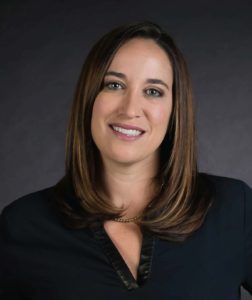
Kelly C. Wrighton
Email: [email protected]
Dr. Kelly Wrighton is an Assistant Professor in the Soil and Crop Department, with appointments in Microbiology, Biochemistry, and Ecology. She earned an Ph.D. at the University of California, Berkeley and did her post-graduate training at the same institution with Dr. Jill Banfield. The Wrighton laboratory uses computational systems biology approaches to obtain predictions of metabolic potential in both individual microorganisms and microbial communities. These computationally gained insights are then used to design laboratory investigations targeting physical, chemical, and biological controllers on biogeochemical processes. Collectively, her lab at CSU couples holistic and reductionist microbiology approaches to interrogate the interactions between organismal bioenergetics, interconnected community metabolism, and chemical processes.
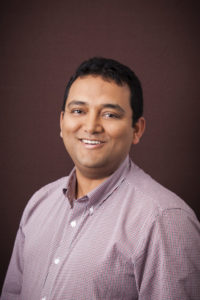
Pankaj Trivedi
Phone: (970) 491-4019
Email: [email protected]
Dr. Pankaj Trivedi is an Assistant Professor in Bioagricultural Sciences and Pest Management. He earned his PhD from Kumaun University, India, and did his post-graduate training at University of Florida and Western Sydney University. The Trivedi Laboratory explores multitrophic interactions among and between microbiome and the plant environment that influence the health and productivity of managed and natural systems. Areas of research interest include (1) microbial ecology, (2) “omics” technologies, (3) plant-microbe-insect interactions, (4) predictive computational modeling, and (5) microbiome engineering. Research projects in Trivedi Laboratory address the assembly, fitness and roles of plant, insect, and soil-associated microbiomes, how these are influenced by various biotic and abiotic factors, and what are their consequences on plant productivity, agro- ecosystems sustainability, and local and global level ecological processes. By providing systems-level understanding of plant microbiomes, the research is developing new computational tools and host/microbiome models that enable plant breeders and plant ecologists to predict beneficial interactions, improving yields and plant resilience in changing environments.
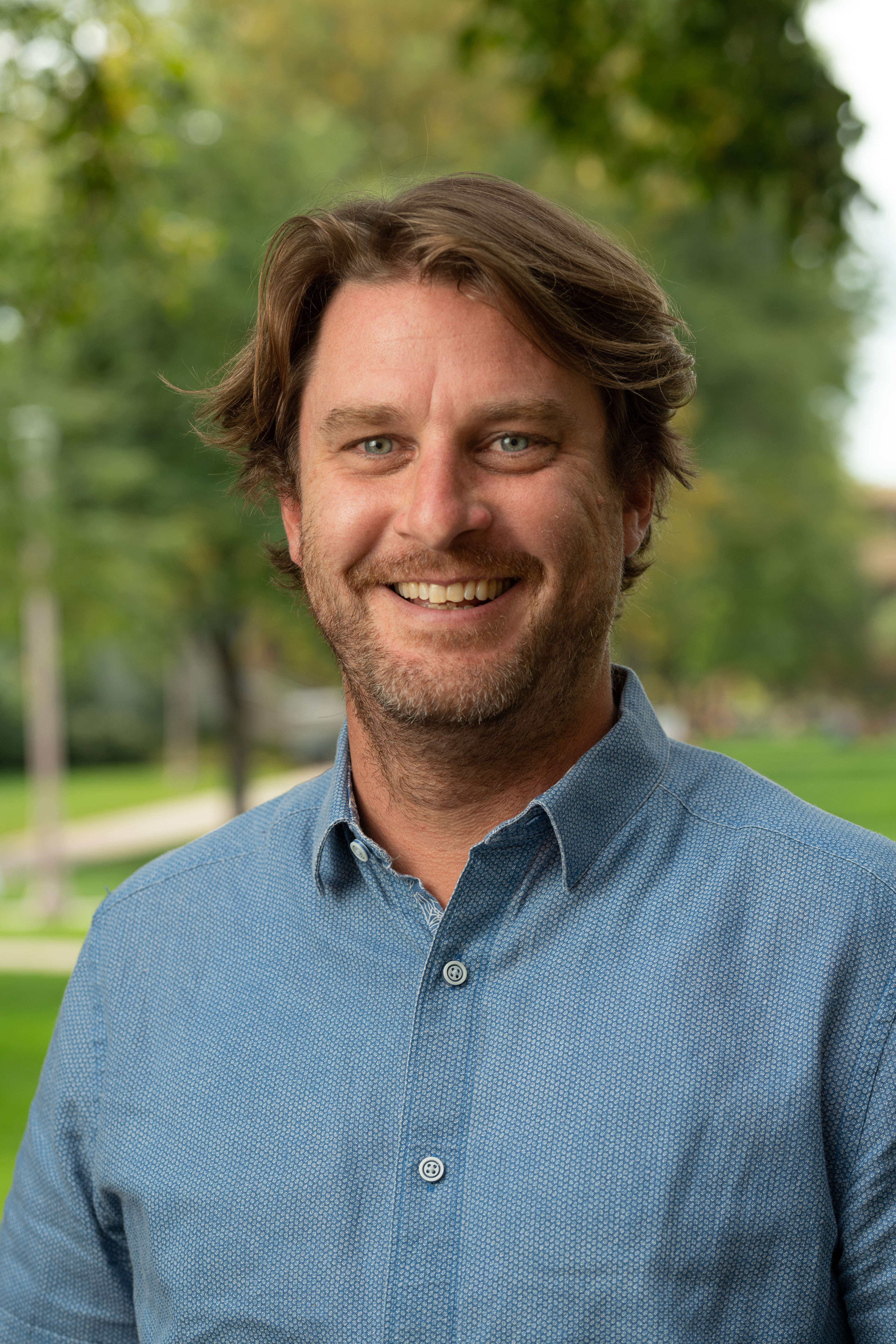
Ed Hall
Phone: (970) 491-2162
Email: [email protected]
Dr. Ed Hall is a microbial ecologist and limnologist. Ed’s research takes a systems approach to understand how microorganisms control and constrain transformative processes in aquatic ecosystems and their surrounding watersheds. His research crosses traditional disciplinary boundaries, linking physical and ecological sciences, scaling from single-cell microbiology to integrated analyses of watersheds. Current research in the Hall lab includes how resistance to heavy metals affects the biomass composition of aquatic microbiomes. He also uses single-cell techniques to ask questions about phenotypic plasticity and stoichiometric trait distributions of bacterial populations and natural microbial communities.
Hall holds a BS in Biology from the University of Massachusetts, Amherst, and a PhD in Ecology from the University of Minnesota, Twin Cities. He was hired as an Assistant Professor in the Department of Ecosystem Science and Sustainability at Colorado State University in the Fall of 2016 as part of the campus wide Microbiome Network Initiative. He was previously the Microbial Ecology Section Chair of the Ecological Society of America and is currently a member of the Faculty and Executive Committee of the Graduate Degree Program in Ecology at CSU.
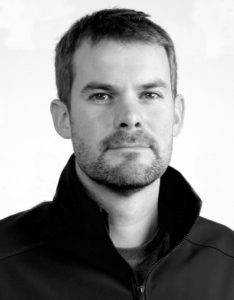
Mike Wilkins
Phone: (970) 491-3211
Email: [email protected]
Mike is an Assistant Professor in the Soil and Crop Sciences Department. He trained in the laboratories of Professor Jon Lloyd at the University of Manchester (UK) and Professor Jill Banfield at UC Berkeley. Prior to his employment with CSU, he worked as a senior staff scientist at Pacific Northwest National Laboratory and as a faculty member at Ohio State University. His research focuses on investigating the impact of microbiomes on biogeochemcial cycling in the environment, leveraging diverse tool-kits including ‘omics’ approaches, laboratory experimentation, and extensive field measurements.
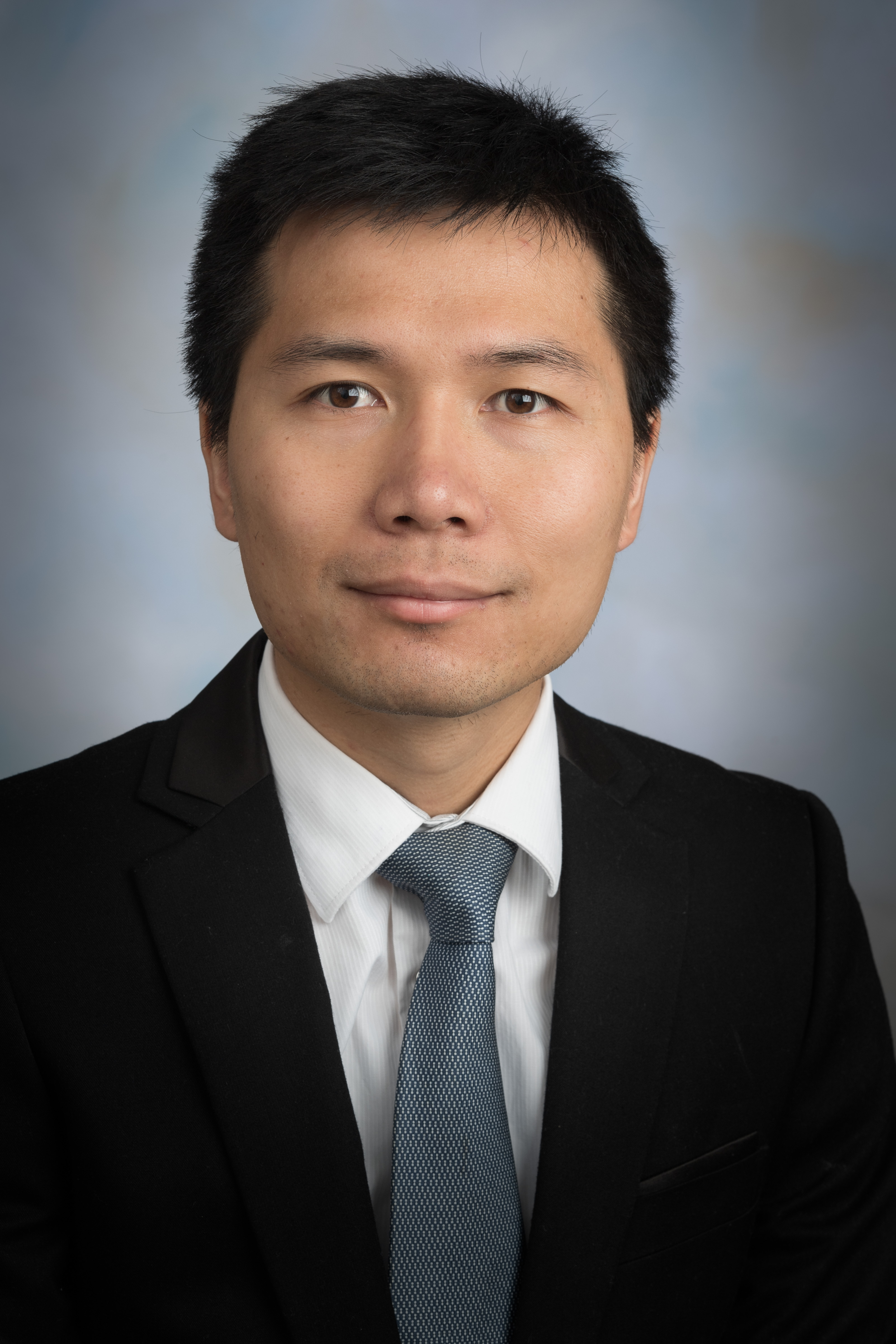
Joshua Chan
Phone: (970) 491-7369
Email: [email protected]
Dr. Joshua Chan is an Assistant Professor in the Department of Chemical and Biological Engineering. His research focuses on modeling and engineering microbiomes. In the post-genomics era, the available genome sequences and multi-omics data present a unique opportunity to construct systems biological models at the biomolecular level to understand and predict microbiomes. Ultimately, natural and synthetic microbiomes can be manipulated and constructed to address global challenges including food security, climate change, human diseases, and sustainable chemical productions. Dr. Chan finished his PhD in 2015 under the supervision of Peter Ruhdal Jensen at the Technical University of Denmark. Prior to joining CSU, Dr. Chan worked as a postdoctoral research scholar in Costas Maranas’s group at the Pennsylvania State University.
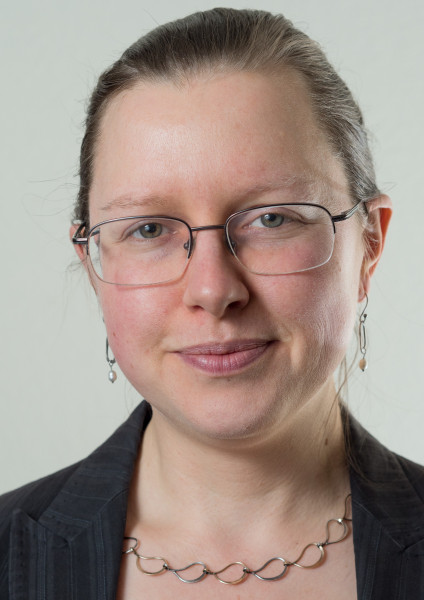
Erika Szymanski
Email: [email protected]
Dr. Erika Szymanski is an Assistant Professor of rhetoric of science in the Department of English. Erika is a science and technology studies researcher who integrates humanities, social science, and natural science perspectives to investigate how words operate as scientific tools within and beyond scientific communities. Her group uses textual analyses, ethnography, interviews, and experimental participatory methods to investigate how metaphors and other discursive framing devices shape experimental processes, scientific conclusions and innovations, and science-society interactions. Current topical foci include how microbiomes become engineerable, synthetic genomics, and microbe-human working relationships in agriculture and fermentation. Erika is also interested in multispecies studies perspectives on contemporary biotechnologies, rhetorical tools for enacting dialogue in science communication, and graduate science writing training. She earned a PhD from the Centre for Science Communication at the University of Otago, completed postdoctoral training in Science, Technology, and Innovation Studies at the University of Edinburgh, and has masters degrees in both microbiology and rhetoric and composition.